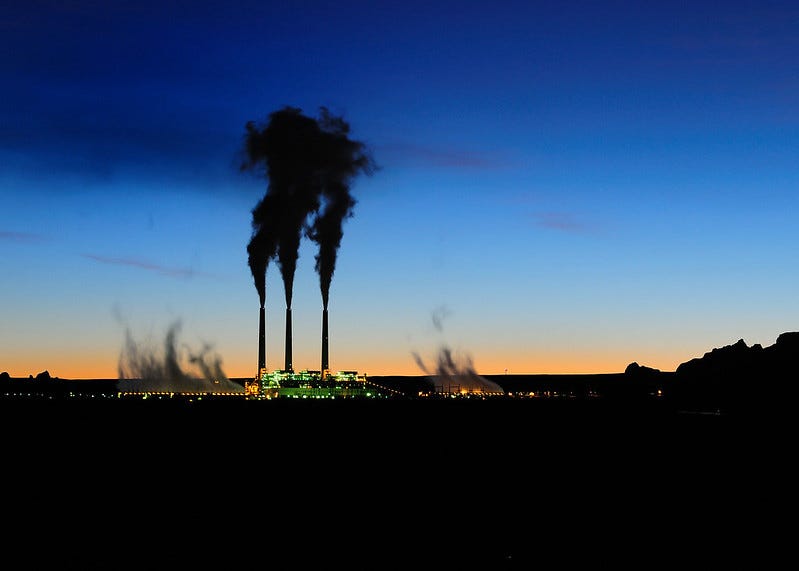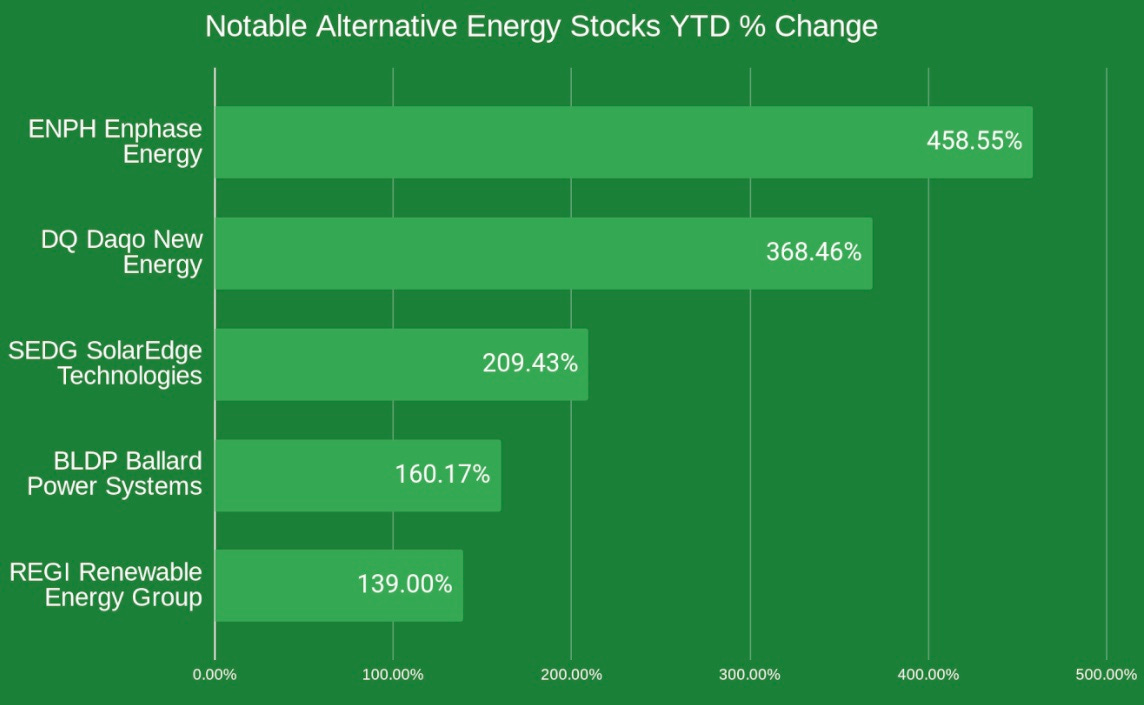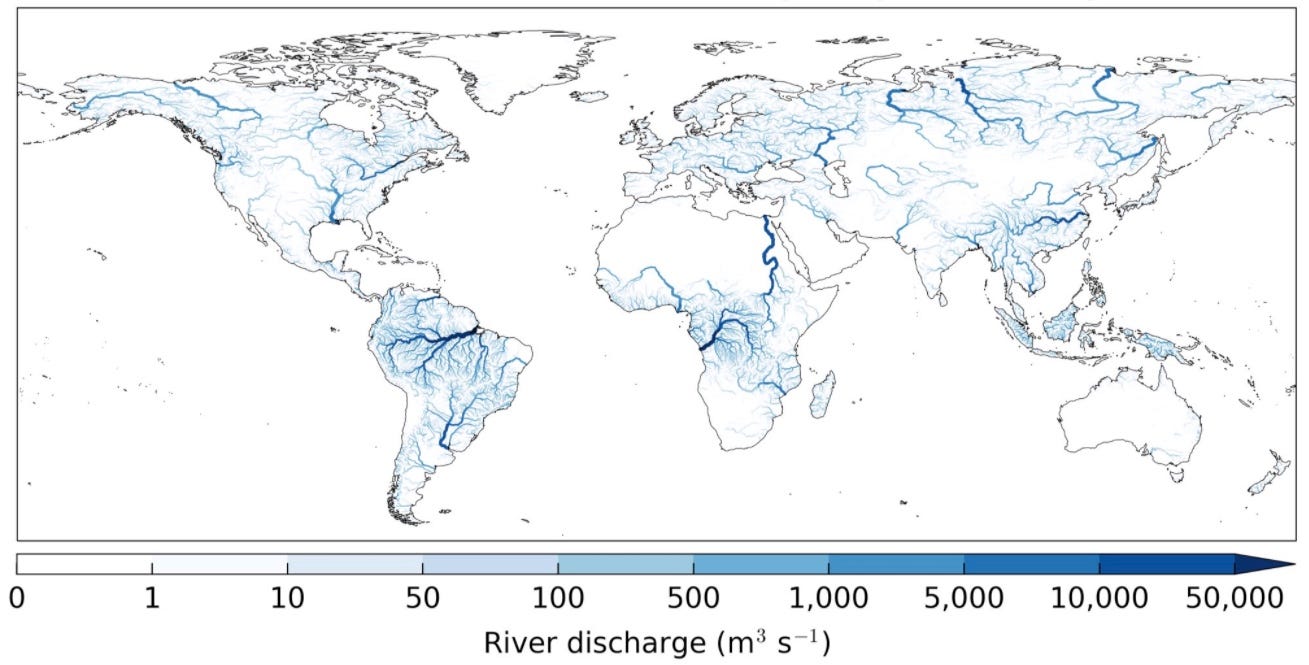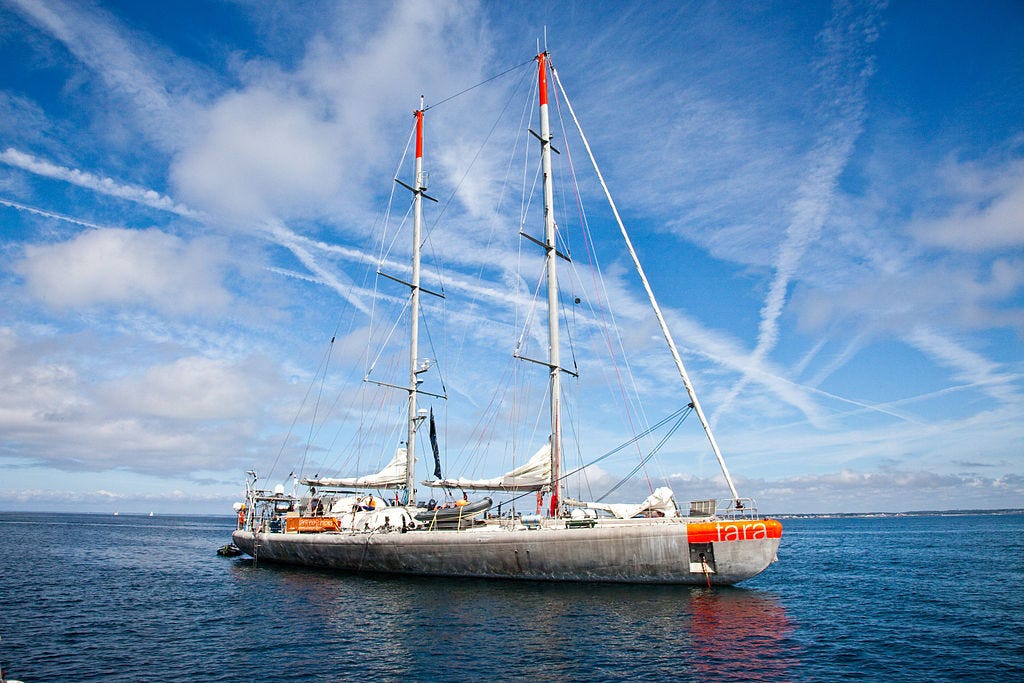ESG stocks head for record year; Bloomberg's advice to Biden, and Buttigieg's climate chops
Welcome to Callaway Climate Insights. If you haven't taken our year-end survey yet, please do. Happy holidays and be sure to share this with your friends.

Locked in our homes, counting the days until a Covid vaccine, many of us could be forgiven for missing the big climate picture of 2020. But a quick look at the numbers makes clear we will emerge into a much more dangerous world next year.
The U.S. is on track to record as many as 20 billion-dollar disasters this year, including a doubling of the land burned by wildfires, 30 hurricanes, and even a derecho, according to the National Oceanic and Atmospheric Administration (NOAA) and Climate Central. That’s more than three times the average of past years and well past the record of 16, set three years ago. Around the world, things are just as bad, with the Arctic Circle having its warmest year in modern times.
Against this threat, the nations of the world held a massive Zoom call over the weekend, the highlight of which was a coal pledge by Pakistan. That’s right. Pakistan.
The real action in the coming year will be in China and the U.S., perhaps India, and certainly the EU. But we’ll never get past the diplomatic phase of this without real help from the banks and asset managers, and of course, companies themselves. Companies like Unilever (UL), which pledged this week to let shareholders vote on its climate strategies every three years, and to update them each year. Amazingly, it’s one of the first major conglomerates to do this. But it won’t be the last.
Take a look at the clean energy chart down lower in this newsletter. Investors are making money on climate solutions, and looking for more. Chief executives and government leaders can’t ignore this trend any longer.
. . . . Note to subscribers: If you didn’t get a chance to take our two-minute survey last week, please jump in and fill it out today. As Callaway Climate Insights prepares to go daily and turn this into a real business in 2021, we’d like to hear your thoughts on what you like best. Please fill out this short survey. We appreciate it. . . .
Don’t forget to contact me directly if you have suggestions or ideas at dcallaway@callawayclimateinsights.com.
. . . . As the EU agreed late last week to its aggressive plan to reduce carbon emissions 55% by 2030, carbon prices hit a record high on the EU Emissions Trading System of €31 ($37.69), passing levels they haven’t seen since before the Great Financial Crisis of 2007-08. The market has now more than doubled since its March low this year when emissions plunged because of Covid. Central bankers have said a price above $40 is generally needed to have any meaningful effect on emissions reduction as the more expensive it is for companies to have to buy offsets for their pollution, the more they will reduce emissions. Suggestions this is a one-way bet are, in our opinion, as off-base as the old Internet 1.0 predictions. But one thing that is clear is that the market is going to get a lot busier in 2021. . . .
. . . . Mike Bloomberg, who has been generally quiet since the presidential election last month, stepped forward on Monday, asking President-elect Joe Biden in a column for his news service to mandate corporate climate disclosures on Day 1 of his presidency. Bloomberg held out the Task Force on Climate-related Financial Disclosures (TCFD), which he chairs, as the gold standard, and asked Biden to invite G-20 leaders to join right away in endorsing them. Along with re-joining the Paris Agreement and declaring a climate emergency, mandating standard disclosures is one of the three main acts Biden could take on his first day to earn his climate creds. No doubt Bloomberg will have his ear on climate the next four years so it’s a good bet if this doesn’t happen on Day 1 it will come soon afterward. . . .
. . . . Pete Buttigieg’s appointment to Biden’s team as transportation secretary today immediately cements him as one of the president-elect’s top climate advisers, with a portfolio that will include everything from the country’s auto and airline emissions standards to the transition to electric vehicles. Of the Democratic candidates last year, his climate plan was not the most progressive, but it contained several creative ideas, including how to incorporate climate solutions into the military. He favored tax credits for EVs, a carbon tax, a ban on fracking, and a national jobs displacement fund, among other things. Most important, at 37, he may still be influential in 2050. A refreshing addition to an otherwise Biden old-timer’s team. . . .
. . . . Electric vehicle makers are often big on hype, and the claim by San Diego-based Aptera Motors that its first “never-charge solar vehicles” can go 1,000 miles without re-charging was taken with a grain of salt by most car reviewers. But that didn’t phase potential buyers, who swamped the company with pre-orders for its three-wheeled vehicles Paradigm and Paradigm+ models over the past week, selling out in less than 24 hours, according to the company. The new models, which buyers can to some extent design themselves, are scheduled to beginning shipping in 2021 and 2022. See the company’s statement here. The shakeout in this nascent market — when it comes — will be led by consumer demand. So any indication of what’s hot will be key for investors in cutting through the hype. . . .
. . . . President Trump may be on the way out, but political aversion to fighting climate change in his party is alive and well in Congress, where 50 members sent a letter last week to the Federal Reserve asking the central bank to refrain from adding climate scenarios to stress testing for banks. Arguing “a lack of historical data on the relationship between changing weather patterns and financial stress,” the members the Fed risked “de-banking” several important industries, such as fossil fuels. “Politicizing access to capital and choking off industries that millions of Americans rely on is unacceptable,” they wrote. The letter follows efforts by the government to prohibit banks from refusing financing to entire industries and restricting retirement plans from considering environmental, social, and governance practices in their strategies. As the fight for climate solutions moves to Wall Street and financial regulation, the definition of fiduciary duty is becoming an important battle ground.
And the potential for bad practices becomes as important as the worry about systemic climate risk. . . .
When two icons clash: Greta challenges Jacinda to do more on climate
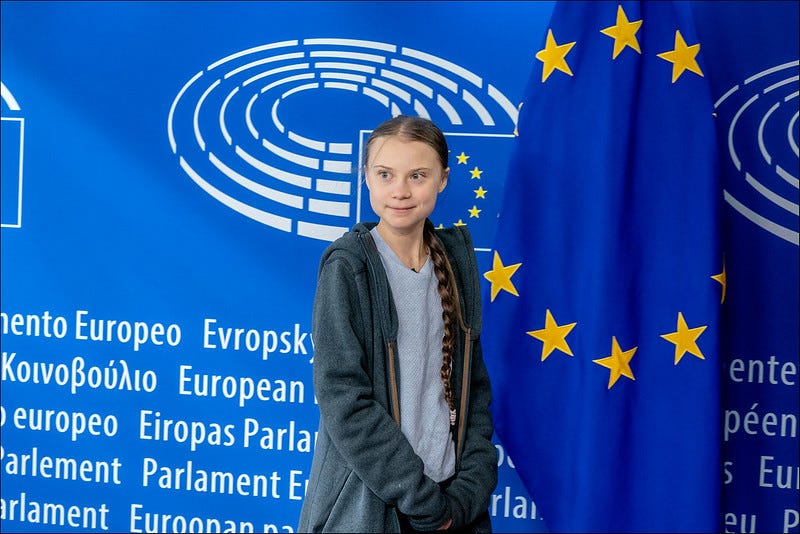
. . . . There are global leaders, and then there’s Greta Thunberg. The Swedish teenager, unafraid to tweak powerful governments, prime ministers and presidents, directed her considerable, sustainable ire this week toward New Zealand’s Jacinda Ardern, a prime minister used to being on the popular side of international politics, writes Peter Bale from Auckland. Ardern made headlines a few weeks ago by adding her country to the list of those proclaiming a climate emergency, but has been slow to outline concrete steps for reducing greenhouse gas emissions. The prime minister, lauded for keeping Covid at bay in her country in 2020, suddenly found herself on Greta’s naughty list because of the lack of sufficient reduction announcements. Ardern defended herself from Greta’s tweet, but the ensuing fracas should serve as a reminder to other leaders that they are being watched. . . .
Ringing in the cheer as ESG stocks head for record year
Save the date: Callaway Climate Insights and Frans Timmermans
. . . . In an exclusive for Callaway Climate Insights subscribers, European Union Climate Commissioner Frans Timmermans will participate in a webinar next month to discuss Europe’s energy transition goals for 2030 and how it is working with the incoming Biden Administration on the climate emergency. Timmermans is one of the most influential climate leaders on the globe — a straight talker who will share his insights on transatlantic deals, how corporations can respond to the climate crisis, and public-private partnerships. The webinar on Jan. 21 will also feature a Q&A session for subscribers to ask their own questions. Read more. . . .
Data driven: After the deluge . . .
. . . . Copernicus Emergency Management Service provides mapping products based on satellite imagery as well as forest fires, flood, and drought early warnings. Two new data systems from CEMS will provide flood forecast information, independent of administrative and political boundaries, to support preparatory measures in anticipation of major floods. The forecasts provide information on when flooding will start, how long it will last, and whether there will be one flood event or many. The EU’s Global Flood Awareness System, or GloFAS, provides data free through a dedicated website and via the Copernicus Climate Change Service’s Climate Data Store. . . .
News briefs: Ocean warming, Covid cuts CO₂, and UK’s fossil fuel pledge
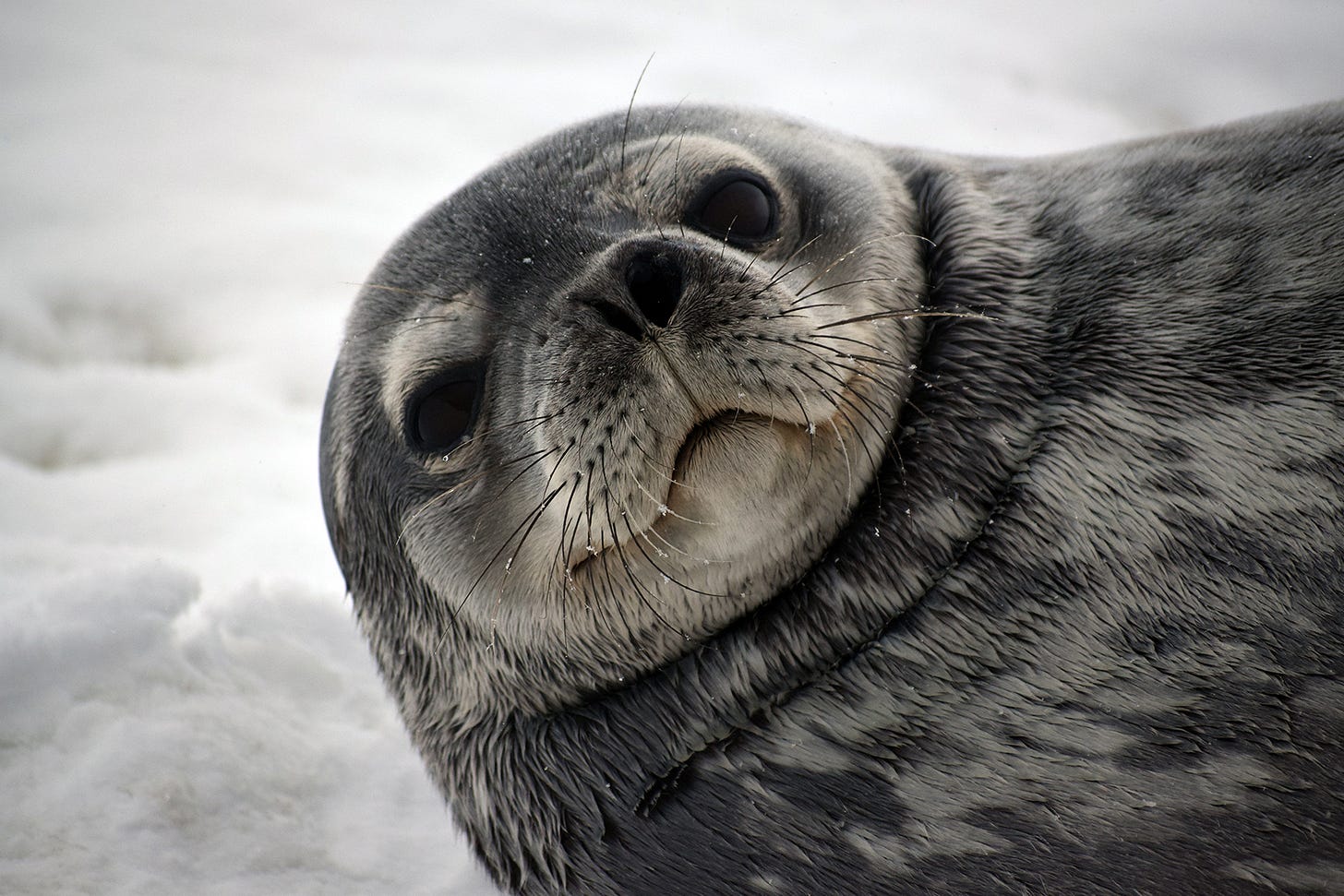
As temperatures continue to rise, sea ice — habitat for penguins, seals, and other species — is shrinking, especially in Antarctica. To protect this spectacular region, The Pew Charitable Trusts and its partners are working with the Commission for the Conservation of Antarctic Marine Living Resources (CCAMLR) and its member governments to encourage the adoption of ecosystem-based fisheries management practices and the establishment of a network of large-scale marine protected areas around Antarctica.
Editor’s picks:
Warming in the Arctic Ocean keeps Northern Sea Route open longer
CO₂ emissions fell a record 7% in 2020
UK commits to ending support for overseas fossil fuel projects
Latest findings: New research, studies and projects
French schooner Tara on scientific mission to study climate change
French sailing ship Tara has set off on a nearly two-year-long research expedition to study the role played by microorganisms in the context of climate change, France 24 reports. On Saturday — five years after the adoption of the Paris Agreement — the schooner set sail from Lorient, its homeport in northwestern France, to begin a new scientific expedition. Over a 2-year voyage, the sailing laboratory will travel 70,000 kilometers in the South Atlantic, along the South American and African coasts, as far as Antarctica. From the Tara Ocean Foundation, this is the boat’s 12th mission and it involves 42 research institutions around the world. According to the report, this time it will study the most fundamental fabric of the ocean, its microorganisms, and the future of this ecosystem under the new stresses of climate change.
More of the latest research:


